
Environmental campaigners are calling on the Government to enact a comprehensive ban on all burning of upland peat in England, citing evidence suggesting that regulations introduced in 2021 making it illegal to burn deep peat on protected sites without a licence are being flouted on a large scale.
Peat moorland is burned seasonally to encourage the growth of young heather, a source of food for livestock and more particularly grouse.
When in good condition, peat acts as a valuable carbon store, and it's estimated that the 12% of the UK's land area accounted for by peat bogs holds more carbon than the forests of Britain, France and Germany combined.
But across England just 13% of peatland is in good enough condition to absorb rather than emit carbon - and burning, especially on deep peat, is one of the key factors responsible for its degradation.
The introduction last year of limited legal limits on burning was said by many groups at the time to be a half measure that would not address the problem. More effective legislation is still urgently needed, according to ecologists and campaigners.
"Peatlands ought to help the climate, water and wildlife. Instead, many of our peatlands have become heather monocultures that are releasing carbon, reducing water quality, and contributing to flooding" said Dr Richard Benwell, CEO of Wildlife and Countryside Link, a body that represents a range of environmental charities and organisations.
"Last year, the Government insisted that its new regulations to limit burning heather on peatland would be effective, despite a series of loopholes in the legislation. This year, early evidence indicates that the burns continue at a significant scale, both on protected sites and outside them. It will be impossible to meet net zero while the land use sector remains a net emitter. Only by restoring peatland to retain and remove carbon from the atmosphere can we hope to curb our contribution to climate change."
Figures obtained through FOI requests by Wildlife and Countryside Link show that in 2021 just one large site of 50 hectares was licensed for burning, while one other application to burn on an SSSI was turned down by the Secretary of State.
This contrasts with data collected by conservation groups Wild Moors and Unearthed which suggests that 51 burns took place in the 2021-22 season on land protected by multiple conservation designations, sites also identified by Natural England as deep peat. Meanwhile, data from the RSPB suggests 70 burns took place on protected sites.
The disparity between the official figures and those collated by third sector organisations suggests, say conservatoinists, that the current regulations are being breached on a 'significant scale'.
In addition, no license is needed on most sites under 10 hectares in size, and any burns on these sites will by definition remain officially unrecorded.
"The Government should strengthen its partial burning ban to ensure that these globally important habitats are restored" said Dr Benwell.
At present the rate of peat restoration is well below levels needed to achieve Net Zero by 2050, according to a report from the Climate Change Comittee, the UK's independent advisory body on tackling climate change, with the area under restoration management actually declining last year. Damaged peat is the biggest source of greenhouse gas emissions from UK land use.
"It's clear that the new peatland burning regulations in England are not working and that burning is still taking place at a massive scale on peatland vegetation and inside protected sites" said Patrick Thompson, senior policy officer at RSPB.
"We are in a nature and climate emergency. Intensive and damaging land management practices such as burning continue to harm and further threaten these vital carbon and nature-rich ecosystems. This is why the RSPB is calling for a blanket ban on burning on all peat."
Earlier this year the RSPB asked members of the public to record incidents of peat burning via a new app:
















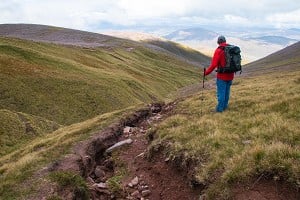
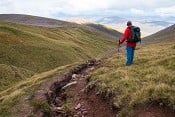
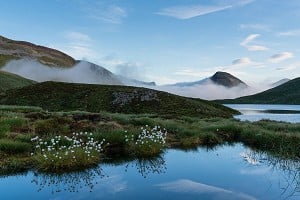
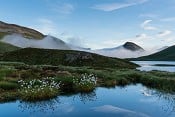
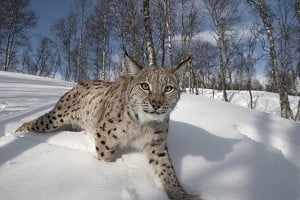
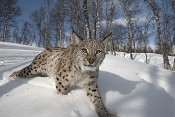
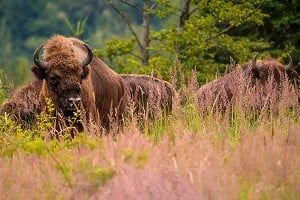
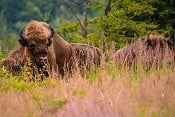
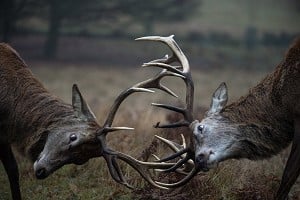
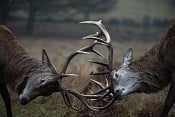
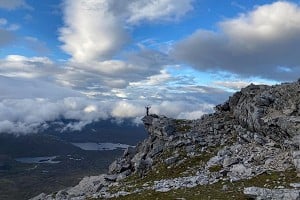
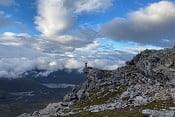
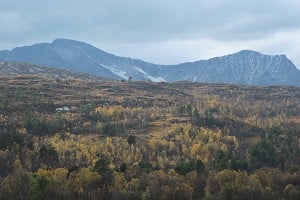
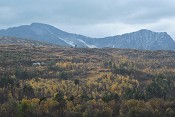
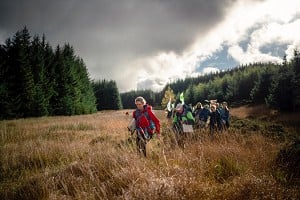
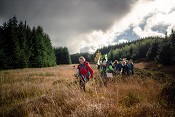
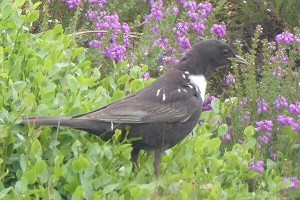
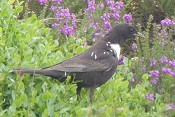
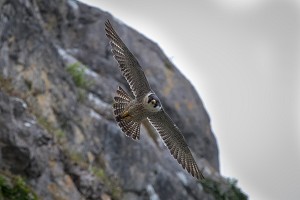

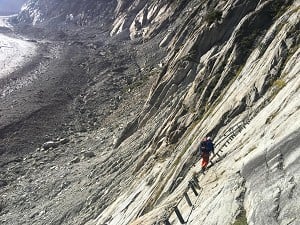







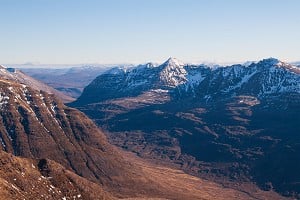
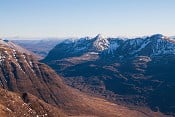














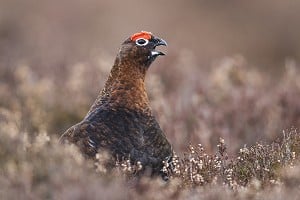
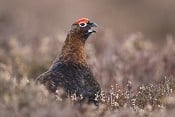
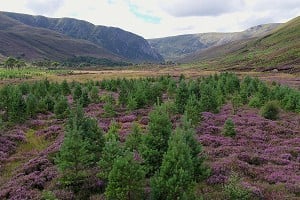
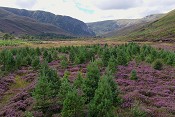
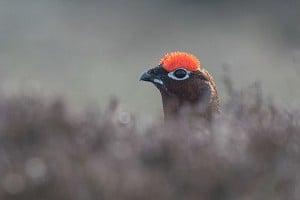
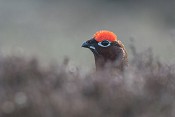
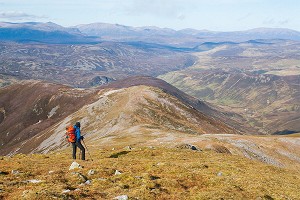
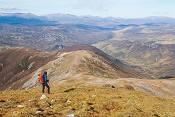
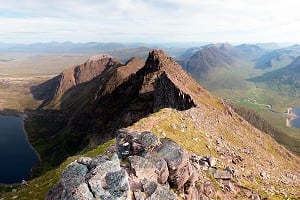
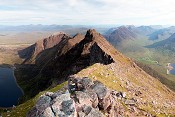
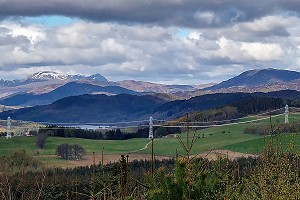
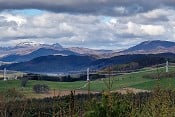
Comments
This still happens regularly in Spring on Burley Moor (next to Ilkley Moor). Annoyingly, a good section where curlews nest & WHILE they are nesting. The keepers claim as it is a 'cold burn' it is not harmful.
Killing off curlews and the number of small animal traps up there make it a very unnatural environment made solely for grouse and sheep.
Banning or drastically reducing grouse moor management and hill sheep farming would greatly improve natures recovery in our uplands .
I still don’t understand how moorland owners claim curlew to benefit from their management. I live on the very doorstep of a large area of managed moorland in West Yorks, and on my regular jaunts on to the tops I see and hear so little bird life of any sort. The sub-moorland grazed fields surrounding my house however are teeming with curlew and lapwing. In spring there was a flock of 30 curlew in just the few hundred metres of field between the local primary school and myself. Haven’t ever seen that many even on a good day on the tops. As a fair comparison on relatively unknown terrain, I spent an entire day up on Rylstone the other week, saw and heard absolutely nothing beyond one kestrel and a handful of LBJs. On the car ride back towards Skipton I could hear curlews incessantly in the road side fields. Same story.
This isn’t to say that there aren’t good numbers on the tops, but they’re minuscule in comparison to even a few dozen feet below the last heather.
I can't help imagining the increased tree/scrub cover that would be gained by removing the sheep from certain areas . Surely this would benefit all forms of wildlife .
I'm sure the benefit to the grouse industry of the subsidised sheep preventing this by grazing is not by accident.